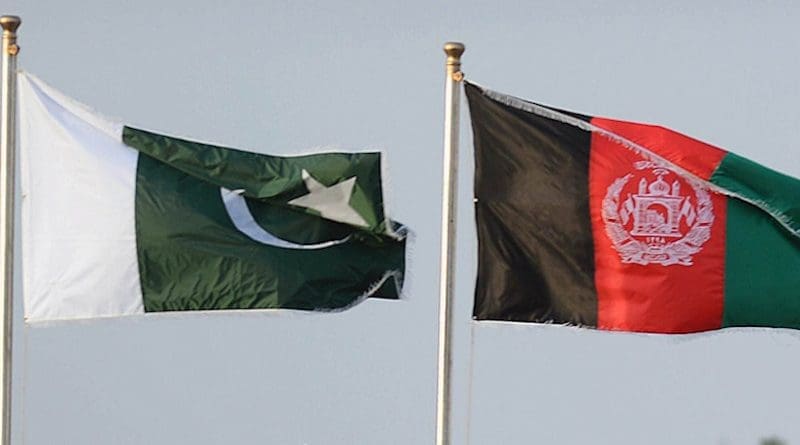Importance Of Barter Trade Between Pakistan And Afghanistan – OpEd
By Ahmed Saeed
In a world where countries are so often at odds with one another, it’s important to remember that all countries rely on each other up to some extent. Barter trade is a vivid example of this, as it allows two countries to trade goods and services without the use of money. This is especially important for developing countries, like Pakistan and Afghanistan as it can help them to boost their economies. Additionally, by working together, the north-south gap can be abated and foundation of a prosperous world can be laid down. Likewise, the developing countries should tackle with the challenges of barter trade. I believe barter trade is an excellent way for countries to find common ground while strengthening their own economies in the process.
The importance of barter trade can be gauged through the fact that along with barter trade Pakistan has the potential to provide water access to Afghanistan in order to import and export its trade goods. Through this, Afghanistan may easily access to Africa and southeast Asia region and more similar to that, Afghanistan may access to China and Russia through China Pakistan Economic Corridor (CPEC) which, resultantly, will capture huge market. The following linkages not only can enhance the barter trade of Pakistan and Afghanistan but also of the region.
Historically, in case of Pak-Afghan trade, both the countries have traded goods and services, with each benefiting from the other’s resources. Despite instability in both countries, barter trade remains vital to both economies. The Afghan economy has been crippled by decades of war and sanctions that left it without functioning markets or currency reserves. Pakistan relies on imports for 70% of its food supply. Afghanistan provides rice and fruits that are scarce in Pakistan while Pakistan provides its natural resources and fuel to the country. Pakistan also provides fresh water to Kabul at great cost in energy, infrastructure, and money due to their considerable distance apart. Bartering will benefit to both countries through such trade arrangements with little investment required for delivery.
While talking about challenges in the way of barter trade, Afghanistan is landlocked which means it doesn’t have easy access to global markets. This lack of access can make it difficult to find buyers for goods, which can in turn make it hard to get the supplies they need. Additionally, the Pakistani government imposes high tariffs on imported goods, making it even more difficult for businesses to thrive. Despite these challenges, barter trade between Pakistan and Afghanistan is essential for the development of both countries.
The future of bartering between Pakistan and Afghanistan looks bright. There are many opportunities for the two countries to trade with each other. Bartering, along with economic prosperity, can improve the relations at political grounds. In 2017, it was reported that the Taliban banned Afghan businessmen from traveling to Karachi and trading there. Traders who did go were detained, beaten, or threatened by armed men at gunpoint. The Kabul Chamber of Commerce and Industries had issued an official request asking Islamabad to cancel its decision to impose duties on Afghan imports as these decisions only harm traders on both sides of the border. Pakistan would benefit from improved trade with Afghanistan as this would reduce their reliance on imports from China which may lead them into debt.
Keeping in mind all the facts, the importance of barter trade can easily be understood. Pakistan and Afghanistan share border over 2000 miles which gives convenience way to exchange goods across the border. As both are developing countries, barter trade can prosper both countries without putting burden on their economies. Abundance of one thing on any side can give benefit to other side. This continuation brings political stability along with economic stability. Challenges like strict trade policies, heavy taxation and insecurity can damage trade of both sides. Mutual cooperation over the issue can pave the way for better barter trade between the countries.
Ahmed Saeed is an analyst based in Islamabad

